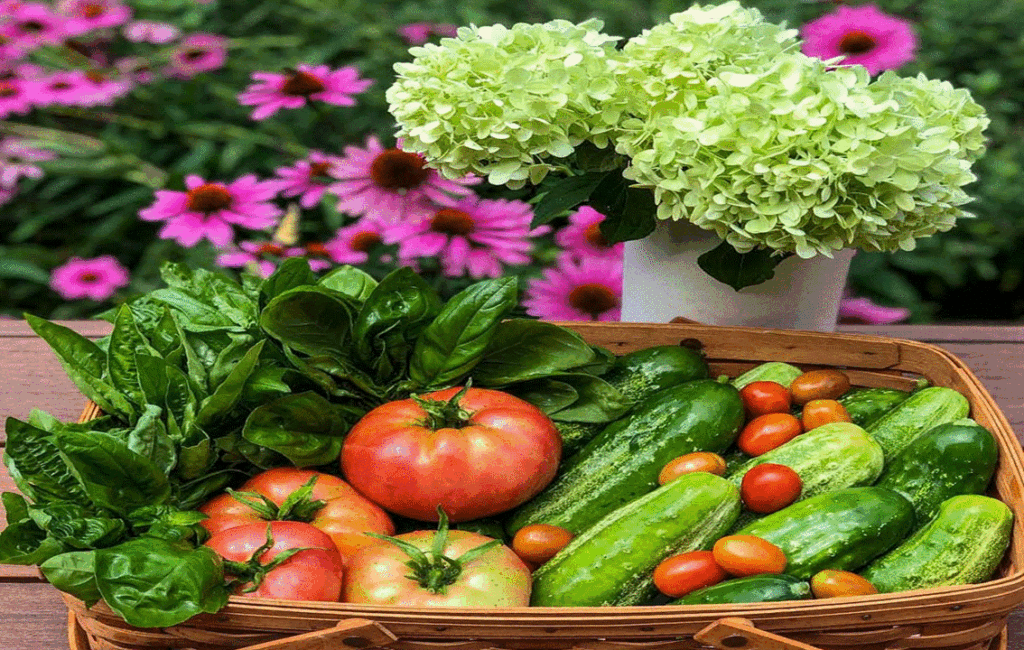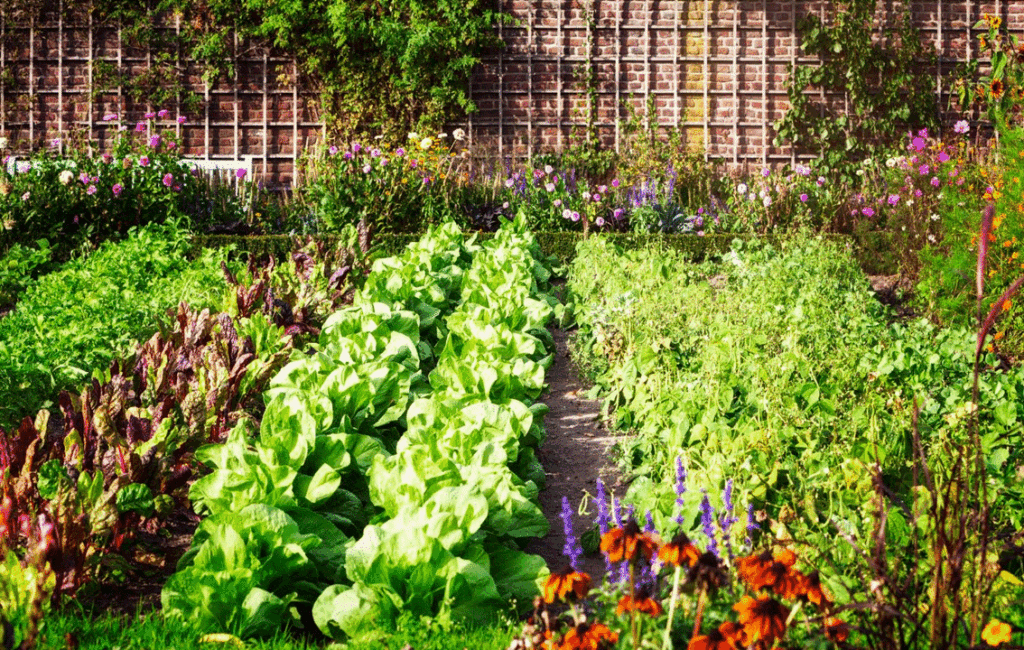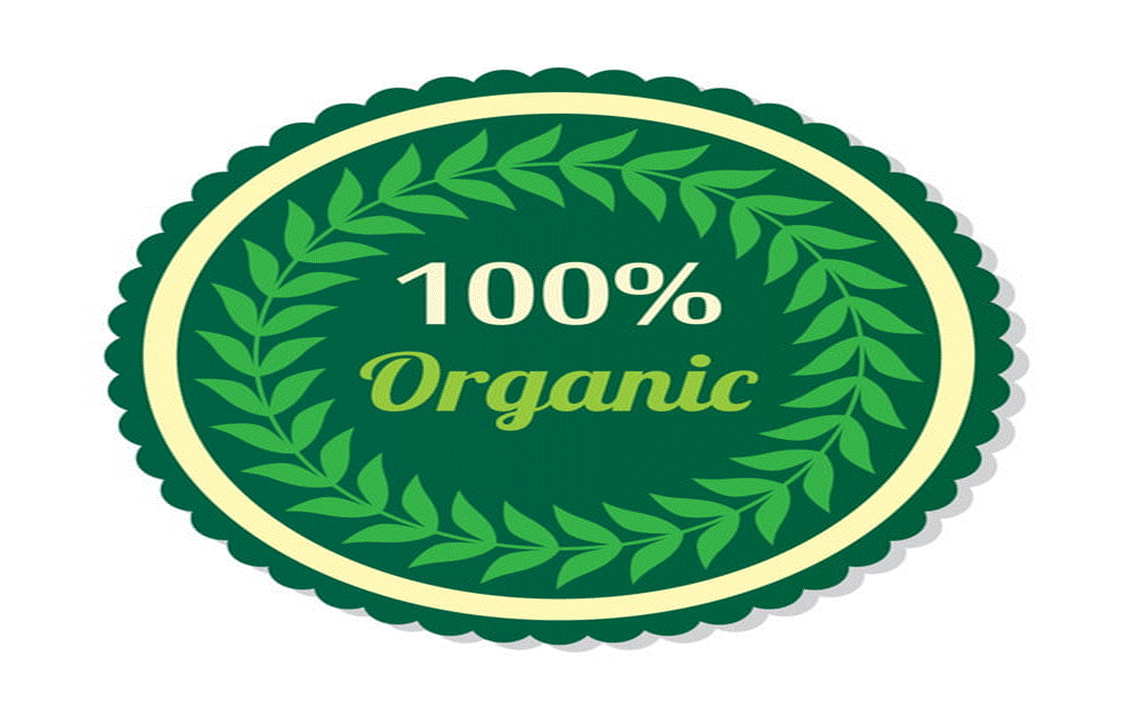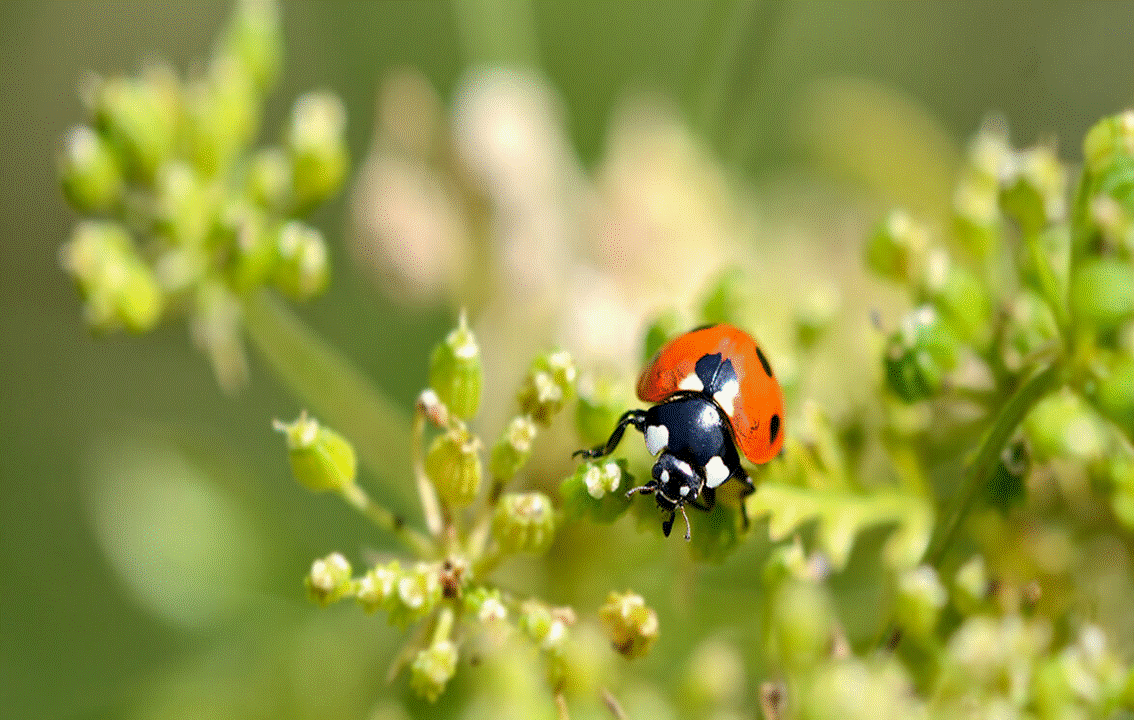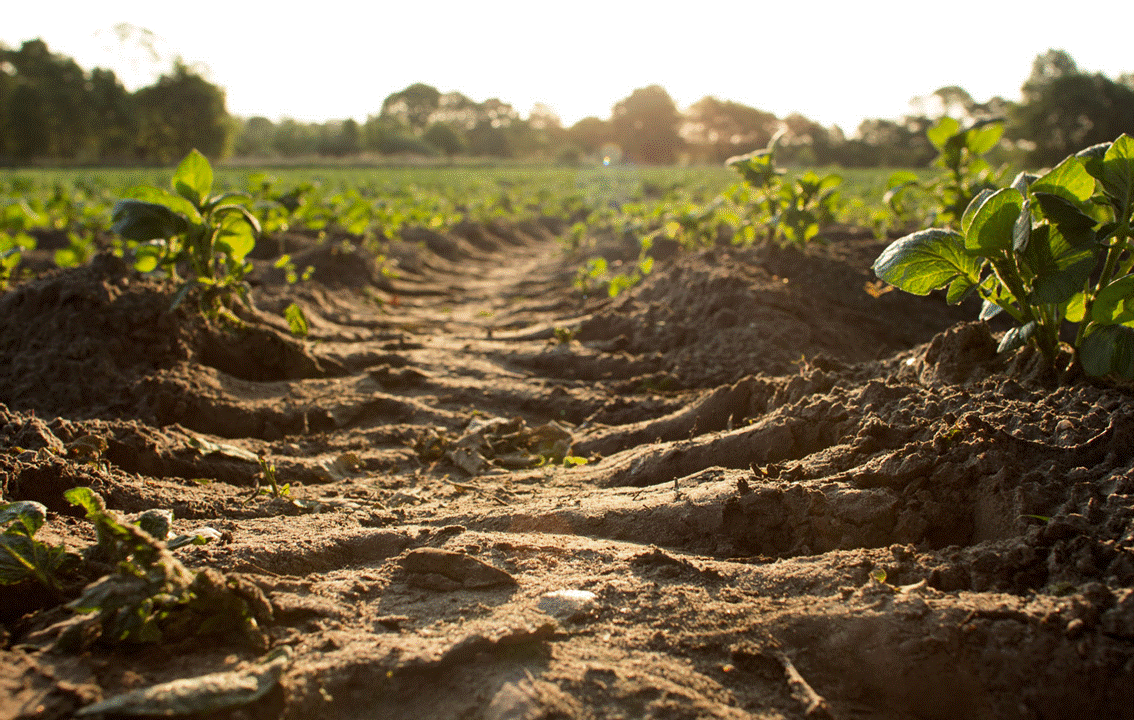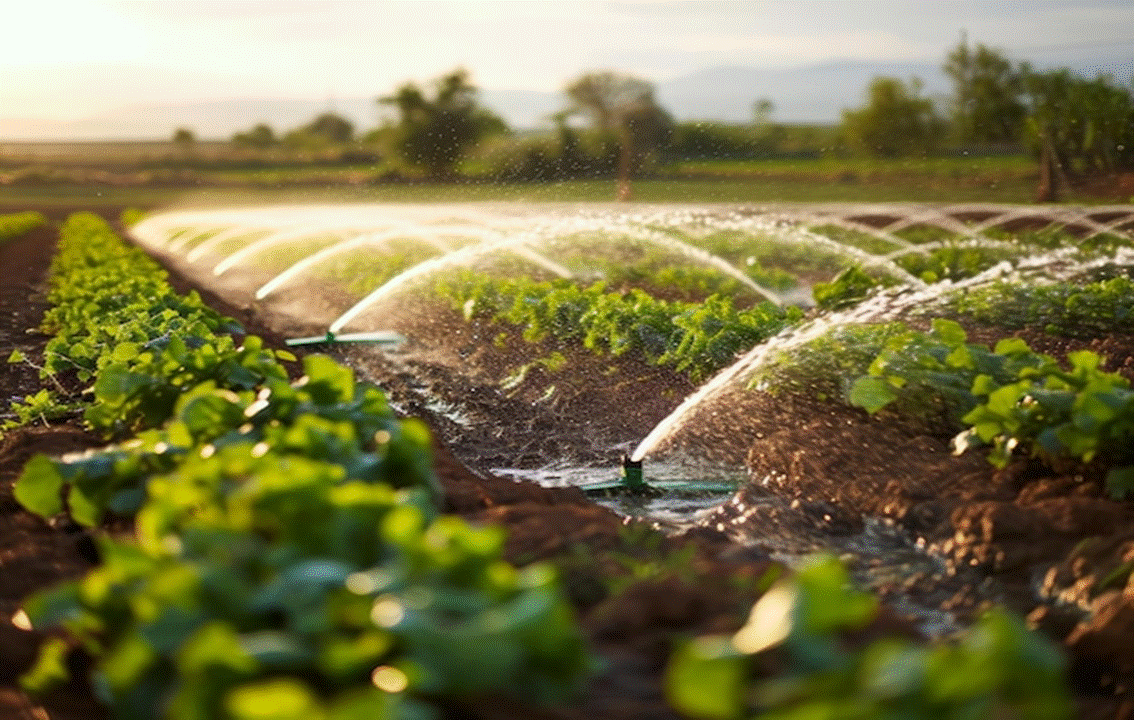A DEFINITION OF AN ORGANIC GARDEN
"An organic garden is a garden that does not use artificial chemicals and instead relies on natural methods to grow plants."
How is an organic garden different from a conventional garden?
Organic gardens avoid synthetic pesticides, fertilisers, and genetically modified organisms and use only fertilisers from animal or plant remains, such as natural compost. Organic gardens also use natural methods to control pests and diseases, such as creating habitats for beneficial insects. Organic gardening is a philosophy that emphasises the interdependence of life forms and uses natural methods that prioritise environmental health, biodiversity, and sustainability. This sustainable approach aims to support the health of the soil, water, plants, and people by avoiding the use of synthetic fertilisers, pesticides, and herbicides, instead focusing on natural processes to enhance soil fertility and deter pests. An organic gardener creates biodiversity and also promotes sustainability by using renewable resources, minimising waste, and conserving water through their practices a thriving organic garden that is productive and beneficial for the environment can easily be created by following a good set of principles and practices.
What are the fundamental differences between organic & conventional gardens?
Soil fertility is improved by adding only organic matter like compost.
Cover crops, like buckwheat, cowpeas, millet, and soybeans are regularly grown and then turned into the soil.
A mini ecosystem is created that encourages beneficial insects and birds that prey on potential garden pests.
Row covers or trap crops are regularly used.
Only resilient crops are planted.
planting dates are adjusted to avoid times when harmful insects are most active.
General Observation: Organic gardening often requires patience, as it can take time to establish a balanced ecosystem, and regularly observing the garden will enable gardeners to catch issues early.
Soil Management: Regular soil testing will determine pH and nutrient levels in soil, which can then be amended accordingly to improve both fertility and structure by using natural compost, mulching, and organic fertilisers. Crop rotation, to prevent soil depletion and reduce pest and disease build-up, is also employed. Mulching techniques that use organic materials such as straw, wood chips, or dried grass cuttings, are used to cover the soil around crops, helping to retain moisture, suppress weeds, and improve overall soil health.
Pest Control: Organic gardeners use natural integrated pest management techniques, which include the extensive use of organic sprays and treatments, which attract beneficial insects into the garden. Neem oil and insecticidal soap work by attracting pollinators and beneficial insects, such as ladybirds, lacewings, hoverflies, parasitic wasps, bees, bumblebees, spiders, predatory mites, and ground beetles to the garden. Certain plants, as well as animals and insects, are encouraged into the garden with a view to creating a balanced ecosystem. Companion planting is also used to deter pests and to promote natural pollination. Plants that benefit each other, by repelling certain pests, are grown together and all of this plays a major role within an ecosystem that benefits organic gardens all year around.
Irrigation: Efficient watering techniques, such as drip irrigation will reduce water usage, while minimising fungal diseases.
Harvesting: Regular harvesting of mature crops will encourage further production and over-ripening of produce should be avoided, as this will attract unwanted pests.
